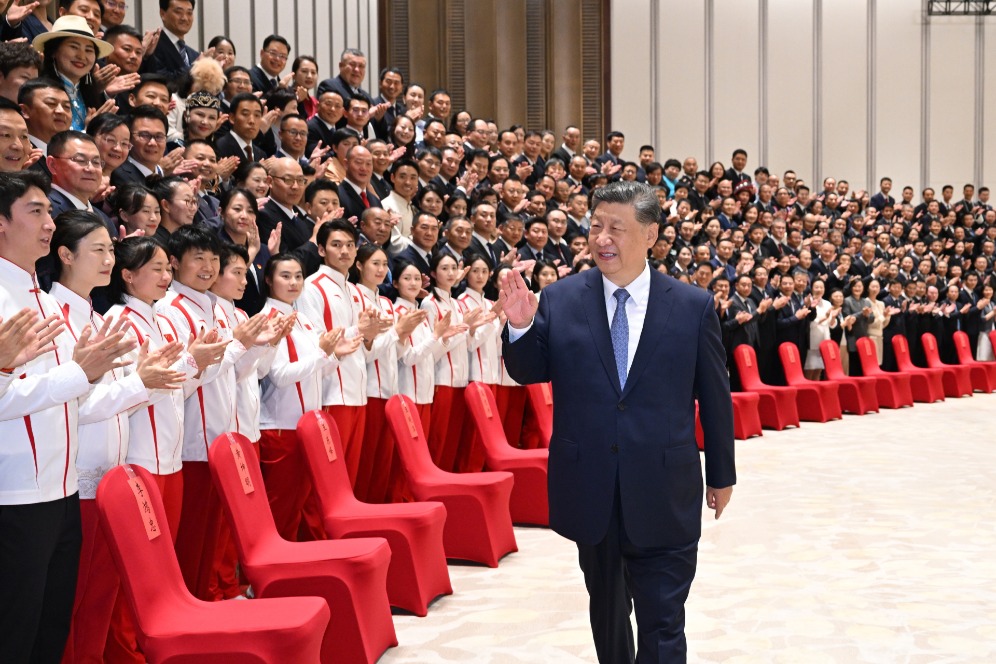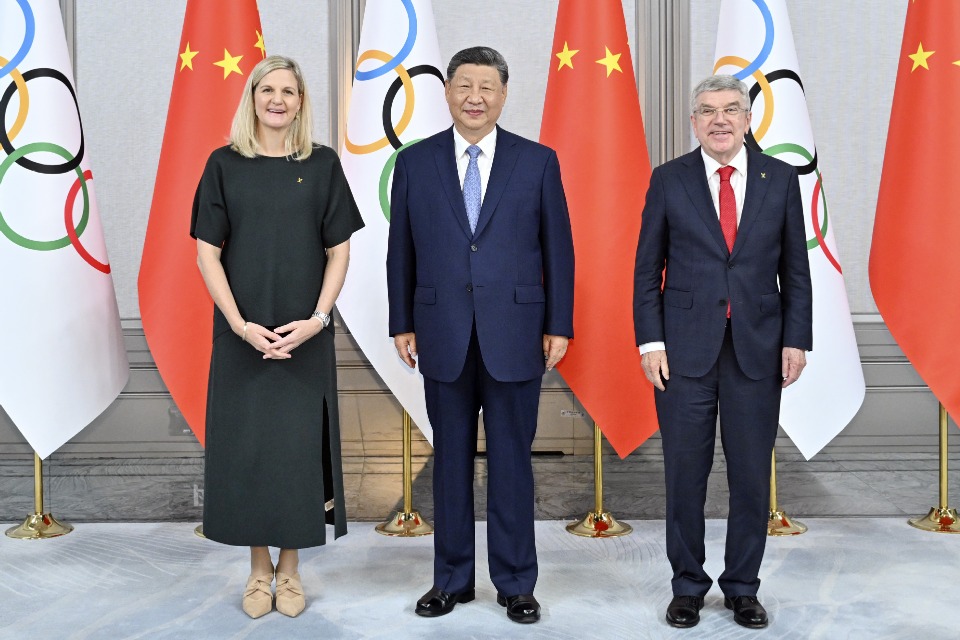A landmark individual income tax reform

 |
| MA XUEJING/CHINA DAILY |
The pilot tax policy for deductable commercial health insurance products will be extended to the entire country on July 1. This pilot program for individual income tax was first implemented in 31 cities, including Beijing, Shanghai, Tianjin and Chongqing in 2016. According to the pilot, the amount paid to purchase health insurance products will be deducted from a person's taxable income before levying individual income tax (IIT) if it does not exceed 2,400 yuan ($347.76) a year.
The extension of the pilot across the country, along with the recent establishment of a separate IIT department by the Ministry of Finance, marks remarkable progress in overall tax reform.
Last year, IIT revenue exceeded 1 trillion yuan, accounting for almost 8 percent of China's total tax revenue, and it is expected to play an even more important role in the overall taxation system, with IIT reform set to be expedited.
Since IIT is a direct tax, taxpayers see it as a big burden. In this regard, the deduction of the amount paid as health insurance premium from the taxable income will bring some relief to taxpayers.
Under the current taxation system, taxpayers have to pay different rates of individual taxes because their incomes are classified differently, which many consider unfair. With the improvement in the tax collection system and capacity, an IIT mechanism that combines comprehensive and classified taxation systems is likely to be gradually introduced.
Comprehensive tax collection, however, should first focus on income from salary and labor renumeration, and then expand to other kinds of individual incomes. When levying IIT, the tax authorities should consider not only an individual's income but also their actual economic burden. That is to say, individuals should pay IIT based not on their total incomes, but on the amount left after deducting their expenditure on certain essentials.
Although the classified IIT system, to a certain extent, deducts such costs from the taxable income, it fails to sufficiently consider the actual burden of taxpayers-the cost of healthcare and children's education for instance. Household expenditures, such as the costs of taking care of the elderly and raising children, should also be deducted from individuals' taxable incomes. The tax authorities should consider these aspects while deepening IIT reform.
Besides, the government should also consider reducing the tax rates to sharpen its global competitive edge and attract international talent to China. According to the current taxation system, individuals whose monthly wage is 80,000 yuan or more have to pay 45 percent of their incomes as IIT, which is more than they pay in many other economies. Since the top professionals in sectors such as information and communications technology, and finance can easily receive a wage of more than 80,000 yuan a month, they are reluctant to move to China and part with almost half their salaries to pay IIT.
Many say individuals earning more than 120,000 yuan a year in China belong to the high-income group. Judging by data on income distribution in the country, this view seems reasonable. But the so-called high-income group in China, given that the national economy is still growing at a relatively fast pace and more Chinese people are coming into wealth, may very soon be regarded as the "middle-income group".
Levying heavy taxes on this "not-so-rich" group could actually undermine social development. And not only this "middle-income group" but also the low-income group deserve to get tax reductions.
Therefore, while deepening the IIT reform, which combines comprehensive and classified taxation systems, the tax authorities should consider reducing the tax rate and granting more deductions to taxpayers to support the middle-income group as a way of promoting social harmony.
The author is a research fellow at the National Academy of Economic Strategy, Chinese Academy of Social Sciences.


































